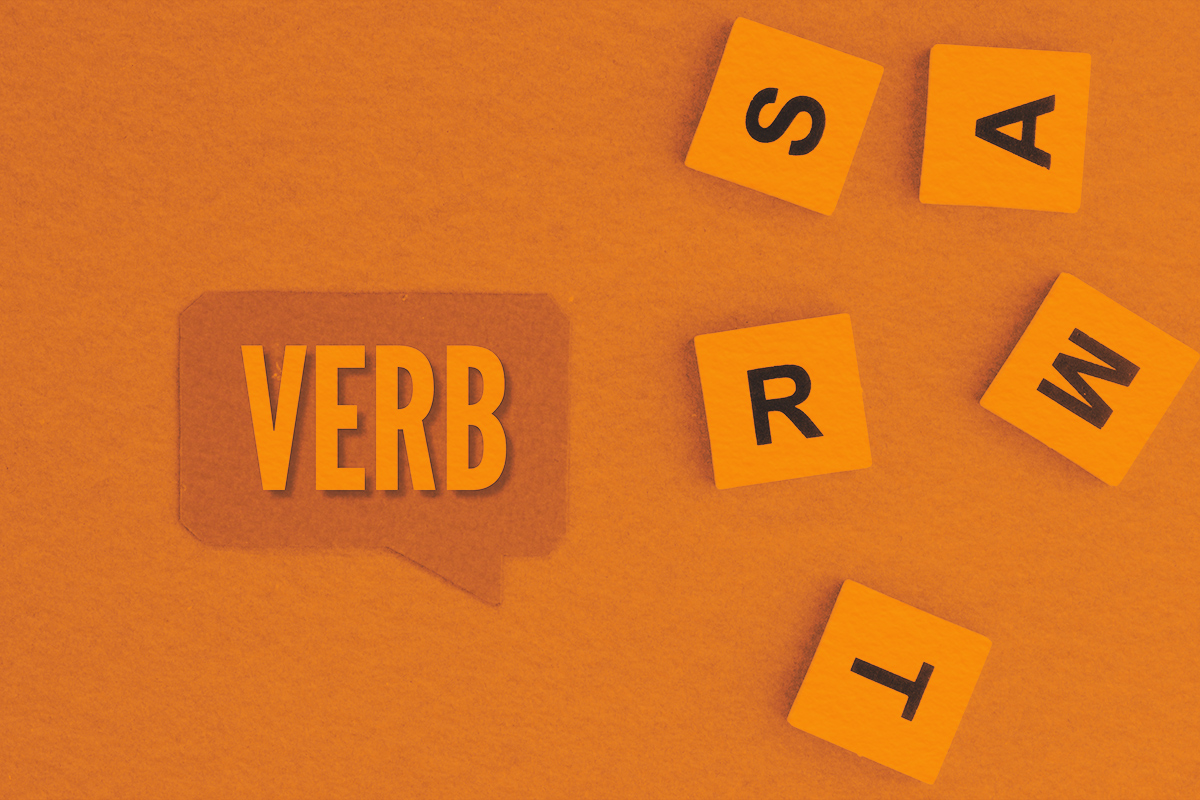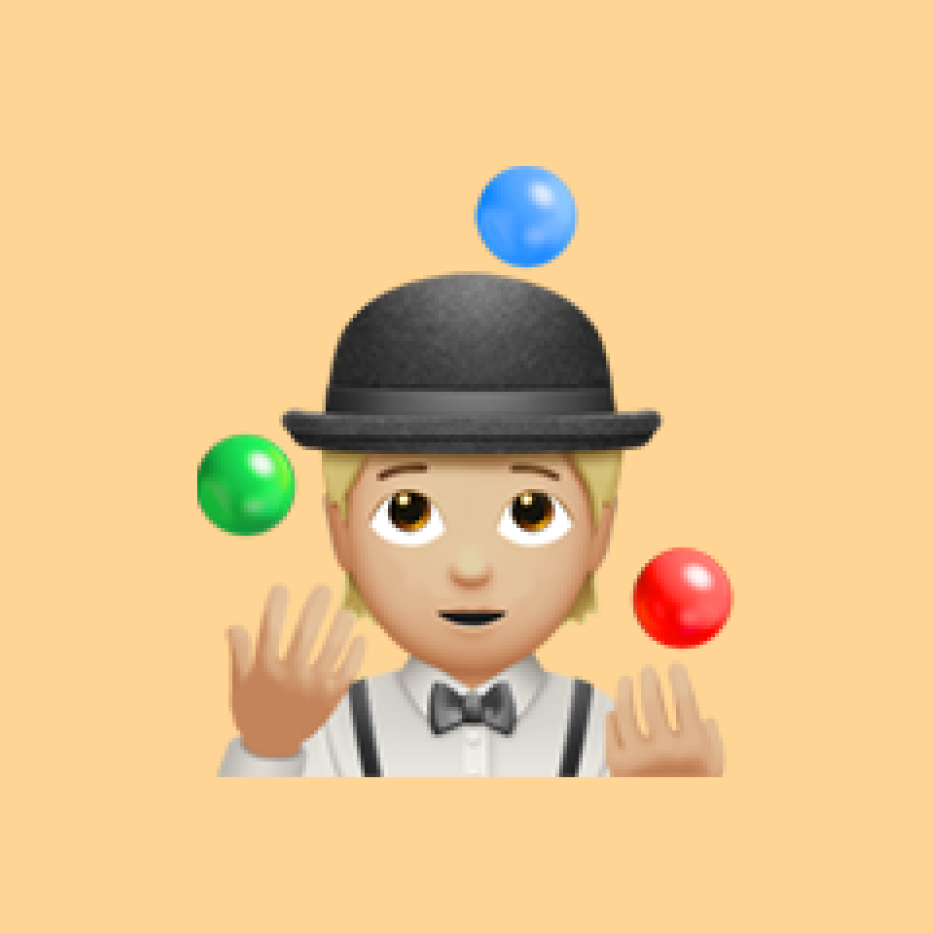When would you use this super-rare verb tense? | | Future perfect continuous in the passive voice is indeed a legitimate verb tense, but its complexity makes it an elusive part of the English language, rarely seen outside the walls of a classroom. | |  | Rachel Gresh |
|
| |  | | W hen trying to make sense of historical dialogues, I'm often struck by the elaborate language — superfluous words, archaic vocabulary, and formal tones. While not quite a historical reproduction, the modern hip-hop musical Hamilton gave us some memorable tongue-twisting lines: "If it takes fighting a war for us to meet, it will have been worth it." Here, "will have been" is in the future perfect tense. While the phrasing could be reduced to the simple past tense — "If it takes fighting a war for us to meet, it was worth it" — the rhythm of the future perfect tense adds a layer of emphasis and interest that captures more audience attention as Alexander Hamilton meets Eliza.
Let's decode an even more intricate verb tense: the future perfect continuous in the passive voice. (According to one grammarian, this is the most rarely used verb tense in English.) Transforming Hamilton's words to this tense results in: "If it takes fighting a war for us to meet, it will have been being made worth it." This construction is not only a mouthful, but it's nonsensical in this usage. The verb tense is not ignored because it's complicated to say; it's just useful only in certain contexts.
The future perfect continuous passive tense has useful, albeit limited, applications. It depicts an action that will have been ongoing by a specific point in the future. For example: "The magazine will have been being published for three years by next January." Here, the emphasis is on the duration of the magazine's publication, highlighting the action itself rather than who or what is performing it.
To construct a sentence in the future perfect continuous tense, you need three auxiliary verbs: "will have been." To shift into the passive voice, add the verb "being," followed by a past participle (an "-ed" verb), and a "by" phrase to indicate when the action will conclude. Here's the general formula for this uncommon tense: subject + "will have been" + "being" + past participle + "by" phrase.
Putting it all together looks like this: "The skyscraper will have been being constructed for a decade by this time next summer." Alternatively, you can reposition the "by" phrase to the beginning: "By this time next summer, the skyscraper will have been being constructed for a decade." On even rarer occasions, a "by" phrase isn't needed: "Next year celebrates the 10th year that students will have been being trained at this center."
This rare tense is undoubtedly long-winded and unwieldy, but it is a valid grammatical construct. That said, don't feel pressured to use it in everyday conversation. Simpler alternatives often suffice, though examining the versatility of language can give us ideas for how to be better communicators. |
| | Continue reading | |  |
| |
| | Thanks for supporting our sponsors! They help keep Word Smarts free for everyone. | |
Emoji Decoded | |  | | Juggling | | | Meaning: Depicts a person juggling, often representing multitasking or being overwhelmed.
Evolution: The emoji design looks like a circus performer, which likely feels appropriate for the people who use it as a metaphorical depiction of handling multiple tasks simultaneously, with a connotation of "not letting the balls drop."
Usage: [Chat status update:] trying to manage 5 deadlines this week 🤹 🗓️ |
|
 | | Juggling | | | Meaning: Depicts a person juggling, often representing multitasking or being overwhelmed.
Evolution: The emoji design looks like a circus performer, which likely feels appropriate for the people who use it as a metaphorical depiction of handling multiple tasks simultaneously, with a connotation of "not letting the balls drop."
Usage: [Chat status update:] trying to manage 5 deadlines this week 🤹 🗓️ |
|
| |
Have you read? | |  | | Thank You for Listening | | By Julia Whelan | | Julia Whelan happens to be a prolific audiobook narrator herself — listen to her narration on bestsellers including "The Invisible Life of Addie LaRue," "Educated," and "The Nightingale" — so this novel from the perspective of a writer turned award-winning audiobook narrator feels like a behind-the-scenes glimpse into the industry. It has the standard rom-com twists and turns, but it's thoroughly enjoyable, especially in audiobook format. | | | | Jennifer A. Freeman, Word Smarts Senior Editor | | | | We independently evaluate all recommended products and services. If you click on links we provide, we may receive compensation. |
|
 | | Thank You for Listening | | By Julia Whelan | | Julia Whelan happens to be a prolific audiobook narrator herself — listen to her narration on bestsellers including "The Invisible Life of Addie LaRue," "Educated," and "The Nightingale" — so this novel from the perspective of a writer turned award-winning audiobook narrator feels like a behind-the-scenes glimpse into the industry. It has the standard rom-com twists and turns, but it's thoroughly enjoyable, especially in audiobook format. | | | | Jennifer A. Freeman, Word Smarts Senior Editor | | | | We independently evaluate all recommended products and services. If you click on links we provide, we may receive compensation. |
|
| |
You might also like | |  | | | | Is "I Wish I Were" or "I Wish I Was" Correct? | | When wishing upon a star, is it "I wish I were" or "I wish I was"? This tricky conundrum comes down to the subjunctive mood, and it's pretty easy to figure out when you understand the grammar rule behind it. |
| | | |
|
![]()
![]()
![]()
![]()
0 Comments:
Post a Comment
<< Home